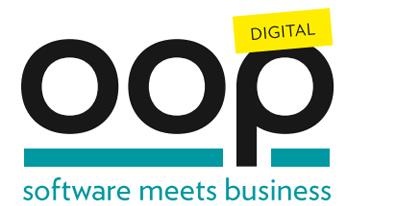
CONFERENCE PROGRAM OF 2021
Please note:
On this site, there is only displayed the English speaking sessions of the OOP 2021 Digital. You can find all conference sessions, including the German speaking ones, here.
Track: Social Integration
- Dienstag
09.02. - Donnerstag
11.02.
If you’re not making mistakes, you have no chance to learn enough! This is especially true in complex situations, where, more often than not, the difference between a success and a failure can only be seen in hindsight. Which is why it pays off to dare new things, even if that might mean you can go wrong–as long as you don’t make the same mistake twice!
In this interactive talk we will explore how psychological safety, creativity, complexity and motivation are connected. And we will exercise our…
When facilitating retrospectives, there is often a focus on the agenda, the activities and the experiments you take away from the retrospective. Also, there might be a technical theme for the retrospective, but the people and the process for cooperation and communication is often what you end up discussing.
I will provide you with tips and tricks for how to avoid neglecting the human aspect of your retrospectives; the trust, the different personality types, the feeling of safety, and what you can…
As architects become more senior, we are expected to contribute to growing the product, the organization, and the people. This session explores three roles of an architect that help them meet these expectations: architect as leader, as mentor, as coach. This session offers practical tools, methods, and frameworks that help both experienced and aspiring architects succeed in each of these roles.
Target Audience: Architects, engineers, developers, managers, senior/principal/distinguished engineers
P…
The power of collaborative modelling comes from having a diverse group of people who, together, have a lot of wisdom. The problem here is we don’t actually listen to all the available input and perspectives due to cognitive biases and ranking. If we aren't aware of that it kills those insights and wisdom and kills the effectiveness of your models! In this talk where we will explore how we can improve our facilitation skills and focus on neuro-inclusiveness with using Deep Democracy in our design…
Working in teams we face problems in our daily work. As a team, we should be able to solve problems collaboratively. Agile calls these problems impediments.
Impediments can be something in the way of working, processes, tools, or organizational rules or structures. They can also be something cultural or structural.
In this mini-workshop we'll practice solving an impediment as a team. Next, we'll explore how we solved it, how we worked together. What hindered and helped us. We'll learn what we can…
